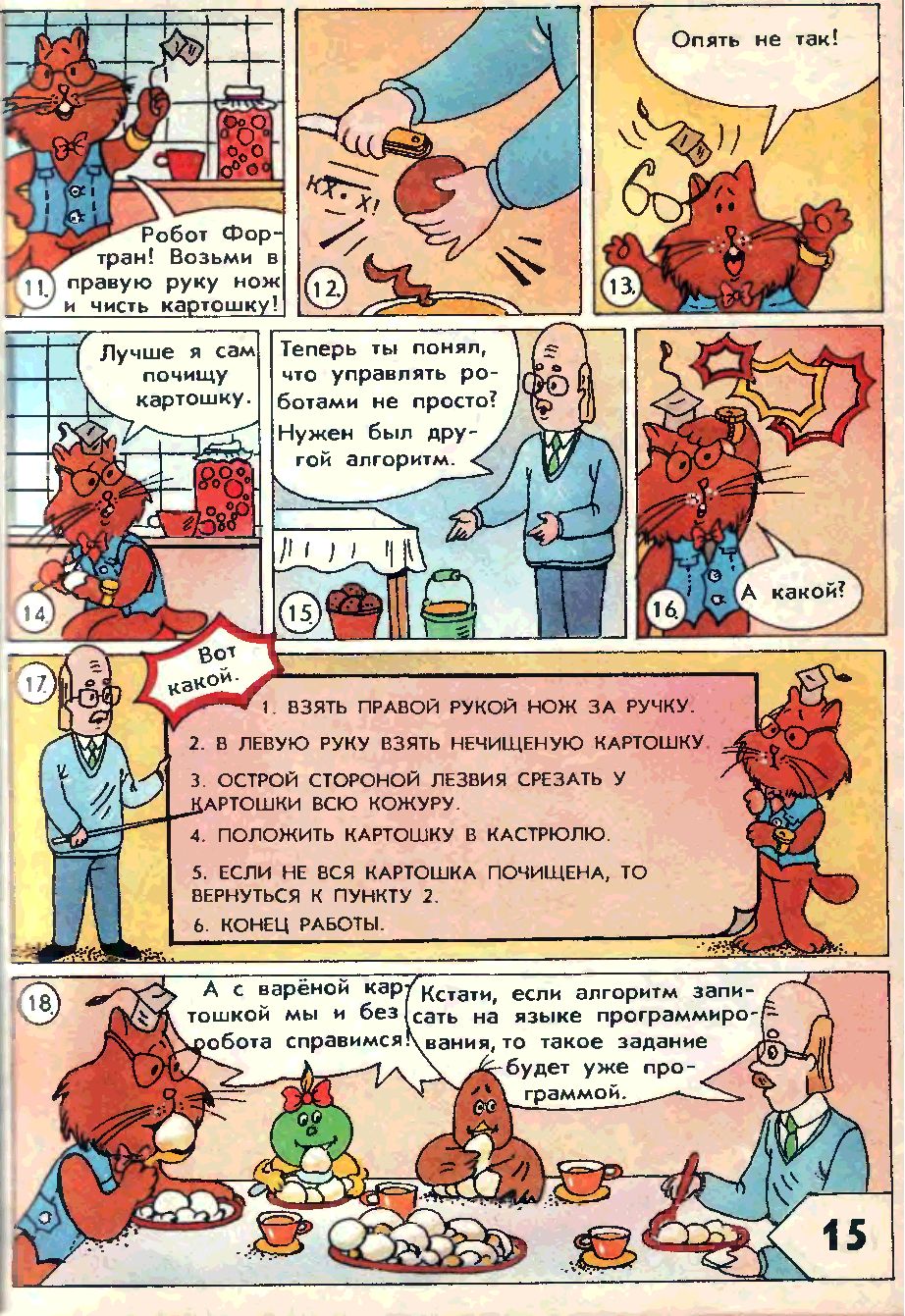- Joined
- Jun 7, 2012
- Messages
- 3,100
I finished the game last night and 3 others captured it perfectly. Beautiful game, the puzzles are much better tuned, the story is engaging but the dichotomy scientism vs bible thumping is just very weakly presented. The C&C leads to 3 endings, where each has at least 2 minor variations that I'm aware of; and a few post-credits scenes to top it off if you've completed some tasklists during your run.
The length is good, a bit longer and it would have dragged. I did not feel like completing the "hard" puzzles or the stars and went to see the alternate ending cutscenes on youtube. Yep! not worth it unless you feel the burn of completing puzzles.
I liked the grandiosity of the scenery, although I'd liked a bit of environmental storytelling here and there. I didn't mind walking around because the views were great.
The length is good, a bit longer and it would have dragged. I did not feel like completing the "hard" puzzles or the stars and went to see the alternate ending cutscenes on youtube. Yep! not worth it unless you feel the burn of completing puzzles.
I liked the grandiosity of the scenery, although I'd liked a bit of environmental storytelling here and there. I didn't mind walking around because the views were great.







 /
/ is a very apt rating.
is a very apt rating.







